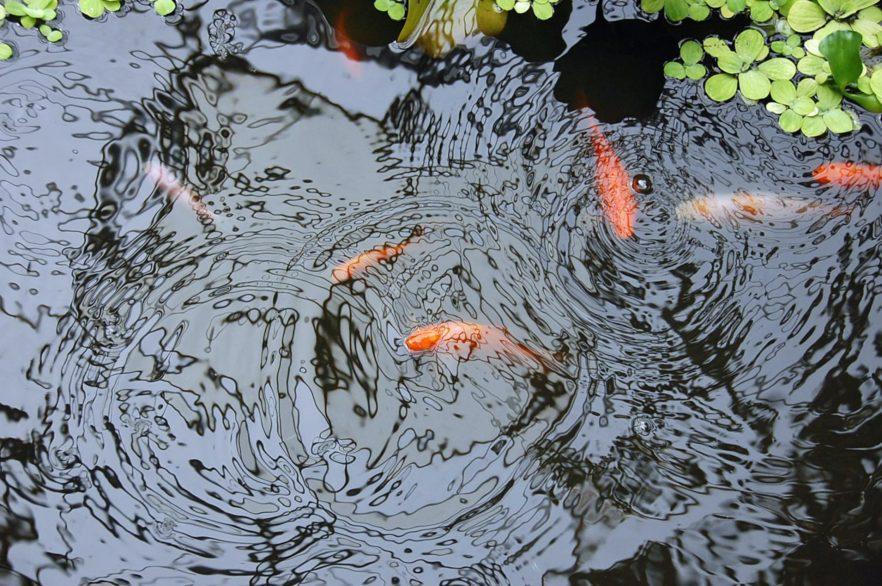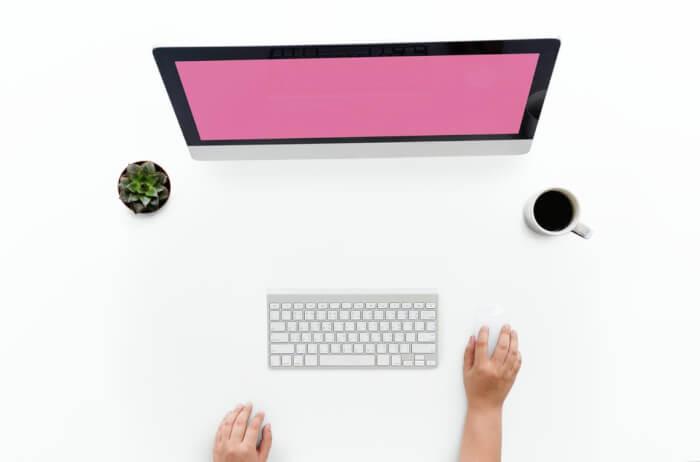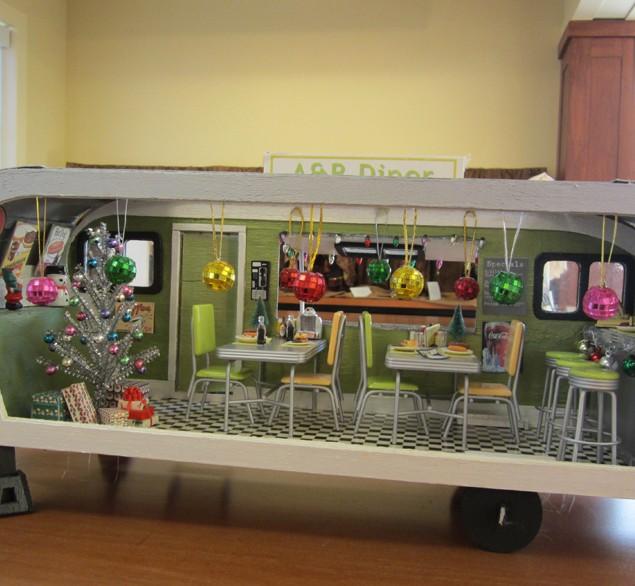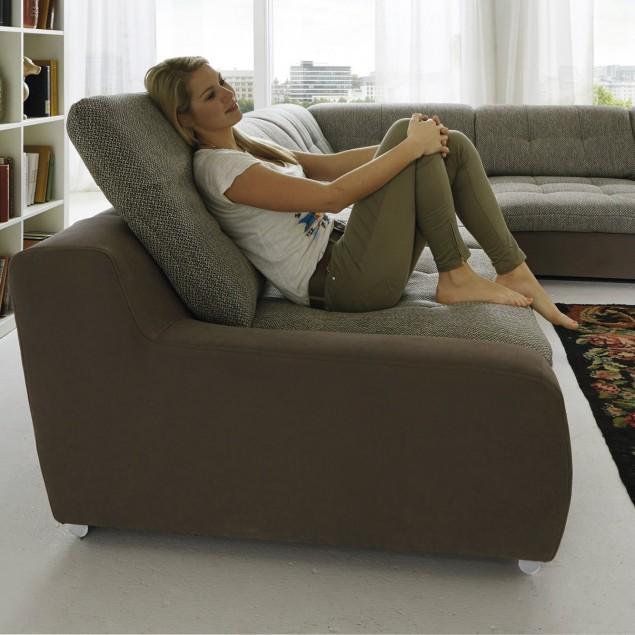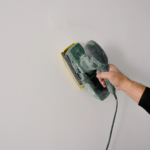Setting up a pond is not an easy job; there are a lot of logistics involved, almost like construction. Not only does it take time to accomplish, but you will have to spend a considerable amount of money in the process. But the results are worth the hustle.
Ponds will transform your property in ways you cannot even begin to imagine. If setting up one in your backyard has been on the cards for a while, here are some things you need to consider beforehand.
The Site
The ideal site for a natural pond construction should be in a palace that receives at least 6hrs of sunshine in a day; this means it should not be out in the open at the mercy of the midday sun, and neither should it be in constant shade. There has to be a balance, a little bit of the morning and the evening sun combined with some shade in the afternoon. This is critical as it will spur algae’s growth, which is vital for the fish and any other animal you may choose to keep in there.
Placing it under a tree or near bushes will only add more work for you as the leaves will be falling in every day, forcing you to clean the pond every day.
The Size
The average pond holds about 2,000 gallons of water. This is the size you should be going for if you have enough space on your property. However, it is possible to have a smaller one that can hold about 550 gallons of water. The bigger the pond, the better for you as you will be able to have more animals, but this will cost more starting with the construction and the eventual maintenance that will be needed in the future.
As for the depth, ensure a minimum of 24 inches to give the fish room to move about and hide in case a predator comes swooping down on them. Deeper ponds are also good at regulating the temperature as the season changes. They do not overheat in the summer or completely freeze in winter as shallow pools do.
Pro vs. DIY
Unless you have a solid background in pond construction, you would be served best if you left everything in the hands of a qualified professional. Going the DIY route is tempting as it is cheaper, but you get the freedom to design it to your taste. The drawback is that it will not be a good pond as you are bound to skip many critical things.
A pro, on the other hand, will cost you more, but at the end of the day, you will have a properly functioning pond with a good filtration system.
Power Consumption
To get that beautiful water pond with cascading waterfalls, you will need sufficient electrical power to run the pumps. This is not cheap, and you may end up raking insane electricity bills. If you have the financial means to pull this off, then do not pull any stops; go all out. But if footing that kind of bill is not in your future plans, then you will be better off with a regular pond.
Maintenance
Ponds are closed water systems without a natural inlet or outlet. Unlike oceans, lakes, and rivers that can self-clean over time, a pond will need human intervention as far as maintenance efforts go. From pond filtration, cleaning the water, or getting rid of discoloration, most of these will need to be done manually.
You will have to invest in basket skimmers, all kinds of pond and aquarium filter media and if need be, hire a professional cleaner once in a while to do the job for you. The one thing you should never do with a pond is neglecting it as it will cause you a lot of problems.
Local Laws
A pond is subject to construction laws, and these vary from one area to another. Before breaking ground, ensure that you have covered all the law requirements like building permits, fencing, and property line setback. You also have to be compliant with environmental laws so that you do not end up destroying the environment. Lastly, you will need to get in touch with your home insurance provider to review what is covered and what is not as far as the pond business goes.
Your Budget
The type of pond you go with depends on your financial ability; you can only get what you can afford. A bigger budget will get you a bigger pond with a better filtration system and even a cascading waterfall to boot. On average, a professionally done small pond will cost you a minimum of 1,000 dollars. That price tag rises exponentially the bigger your demands, and aspirations get.
Conclusion
Ponds are a big deal, and not anyone can have them on their property. They require a lot of attention, especially when you have fishes involved. All the mentioned factors are just but the tip of the iceberg; there are many other things you have to keep in mind as you embark on building your first backyard pond. One thing you should never neglect in all of this is asking for expert help, it will cost you a little, but the consultation will help you build the right pond the right way.
